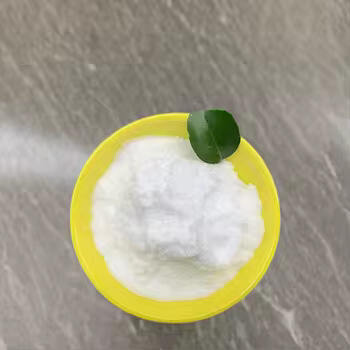Municipal Administration of He Xi Nan, Zhonghe Road, Jianye District, Nanjing City, Jiangsu Province
Municipal Administration of He Xi Nan, Zhonghe Road, Jianye District, Nanjing City, Jiangsu Province
Do you even know what acesulfame K or aspartame is? They are two names of the artificial sweeteners. Artificial sweeteners are ubiquitous ingredients in the foods and drinks we consume that impart a sugary flavor without sugar. Soda pops, candy and many other products have refined carbohydrates in them. Lately some folks have been questioning the safety of these sweeteners, suggesting that we stop using them. Well then let us learn more about acesulfame K and aspartame, are they safe for our consumption?
From non-natural ingredients-some might say artificial. Their concern is that these sweeteners could create health issues, like cancer or other lifelong diseases. These artificial sweeteners like acesulfame K and aspartame have been extensively researched for their safety. The results of these studies conclude that they may be consumed in usual amounts without harm, as with many other foods we eat.
Both acesulfame K and aspartame are artificial sweeteners, but the two compounds are prepared differently. Acesulfame K is made up of carbon, hydrogen oxygen and nitrogen—the last one a key element found everywhere in the natural world. Sweet nothingsAspartame, on the other hand, consists of two amino acids linked up in a way that proteins aren't found in nature. Both are sweet, but more so in one than the other. Acesulfame K is in fact sweeter than aspartame Greatmats, so you need a smaller amount while still giving off a sweet taste of foods and drinks. However, the researchers note that aspartame can degrade under heat or sunlight, but acesulfame K is not affected by high temperatures. So, acesulfame K is perfect for baking sweet delicacies!

As with all artificial sweeteners, some people fear acesulfame K and aspartame consumption can potentially be harmful to human beings under normal circumstances; both are however generally accepted as safe for regular dietary use. The Food and Drug Administration (FDA, a government agency that oversees the safety of our food and drinks) has approved both these sweeteners as safe for us to enjoy in our foods or beverages. The FDA also sets the acceptable daily intakes for acesulfame K and aspartame; these ensure that people do not consume too much of them.

Like sugar, Ace-K and aspartame work by binding to sweetness receptors on our taste buds — they both provide just a bit of food energy. If you remember anything from this post, it should be that they are really sweet so pretty a little goes along away when making things like ice cream! Q: "Regular sugar" - Artificial sweeteners do not have carbohydrates or calories Helpful for those who are trying to lose weight and need help controlling their levels of blood sugar.

To determine if a given food or drink has acesulfame K, aspartame or not is quite easy: you just have to check the packet´s ingredient list. For example, acesulfame K could be listed as acesulfame potassium or aspartame can go by the names Nutrasweet and Equal. Aspartame and acesulfame K (or ace-K) are just two examples of artificial sweeteners that may appear in many common foods and drinks, such as some diet sodas, sugar-free gum or low-calorie yogurts.